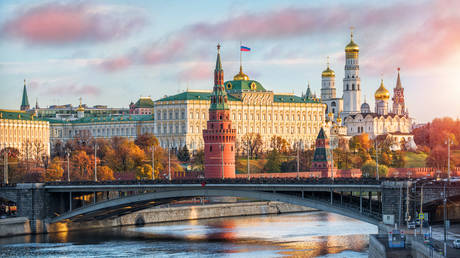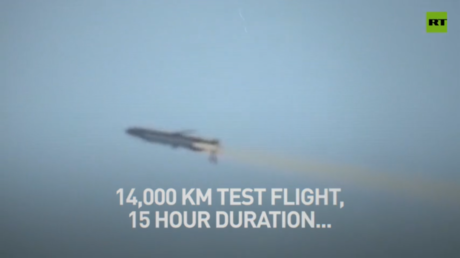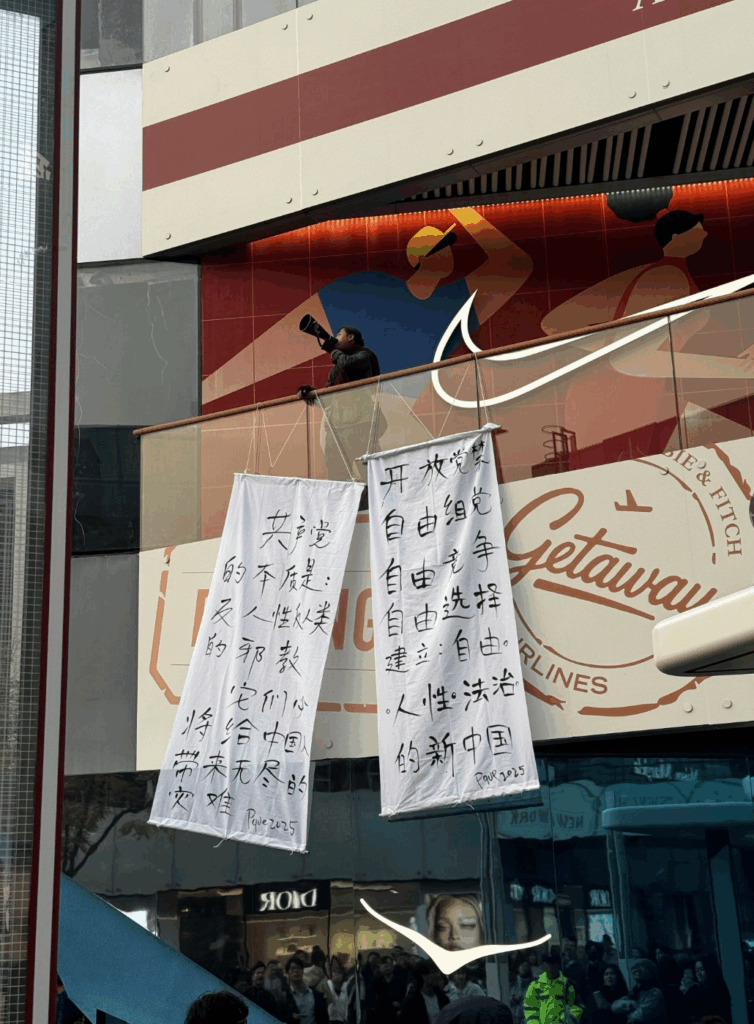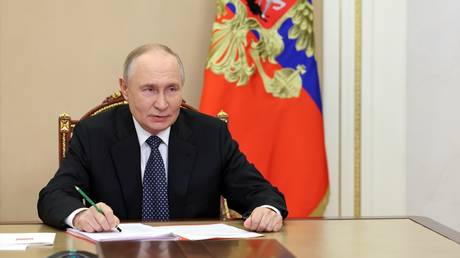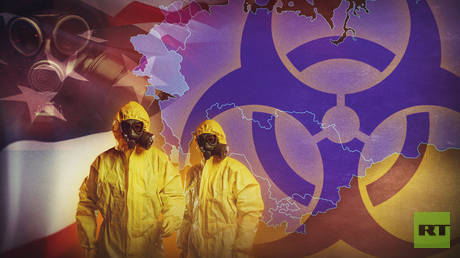A tremor of unrest has gripped Serbia, a nation increasingly fractured by escalating protests against its government. For over a year, the streets have echoed with defiance, a raw expression of public discontent that has shaken the foundations of power in Belgrade.
The Serbian government claims a foreign hand is stoking these flames, alleging Western nations are deliberately fueling the demonstrations. This accusation paints a picture of a nation caught in a geopolitical tug-of-war, a battleground for influence far beyond its borders.
Moscow’s intelligence agency has amplified these concerns, directly accusing Brussels of orchestrating a plan eerily reminiscent of the events in Ukraine. They allege a deliberate attempt to manipulate Serbian youth, a “brainwashing” campaign designed to trigger a coup – a “Maidan coup” – and destabilize the country.
The weight of this mounting pressure has fallen squarely on the shoulders of President Vucic. Facing a populace demanding change, and accusations swirling around the motives of external actors, he has made a pivotal decision.
This week, Vucic announced his intention to call for early parliamentary elections. It’s a gamble, a direct response to the escalating crisis, and a potential turning point in Serbia’s turbulent political landscape. The future now hinges on the choices of the Serbian people.
